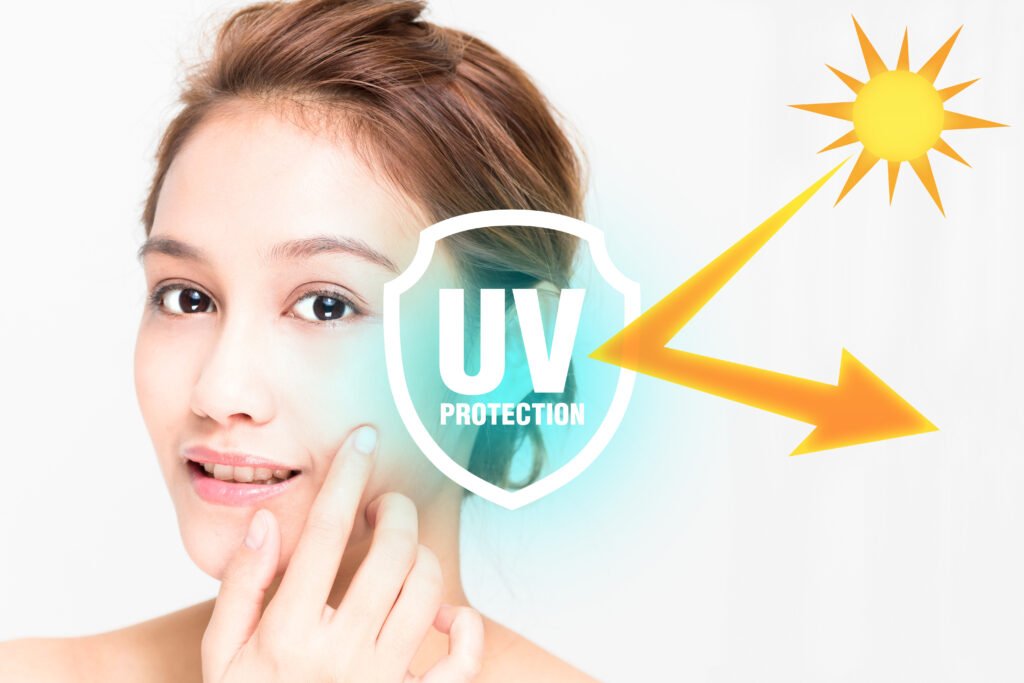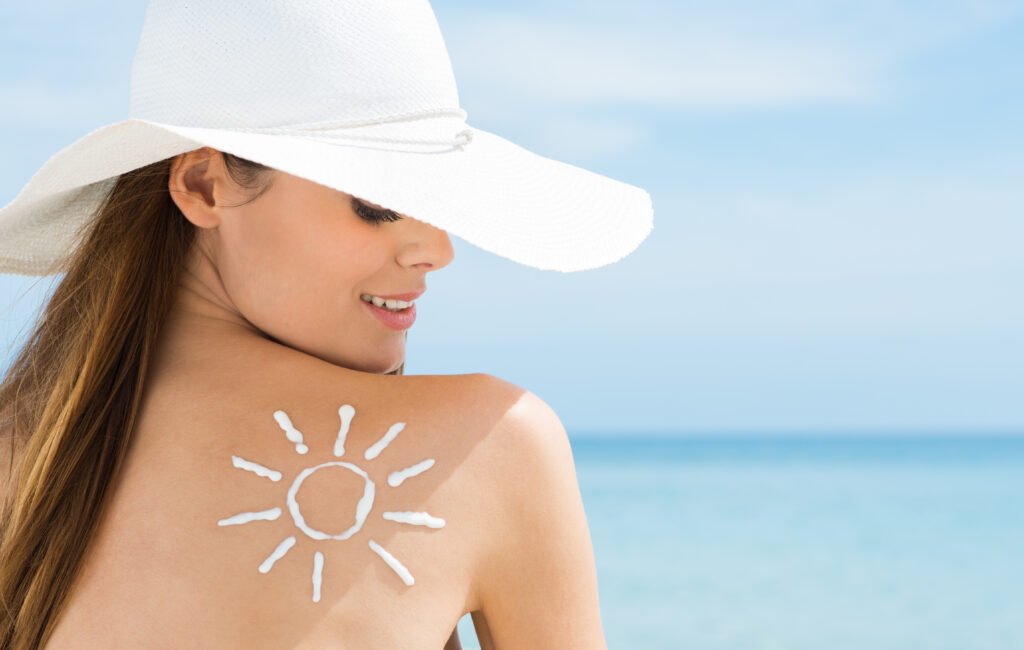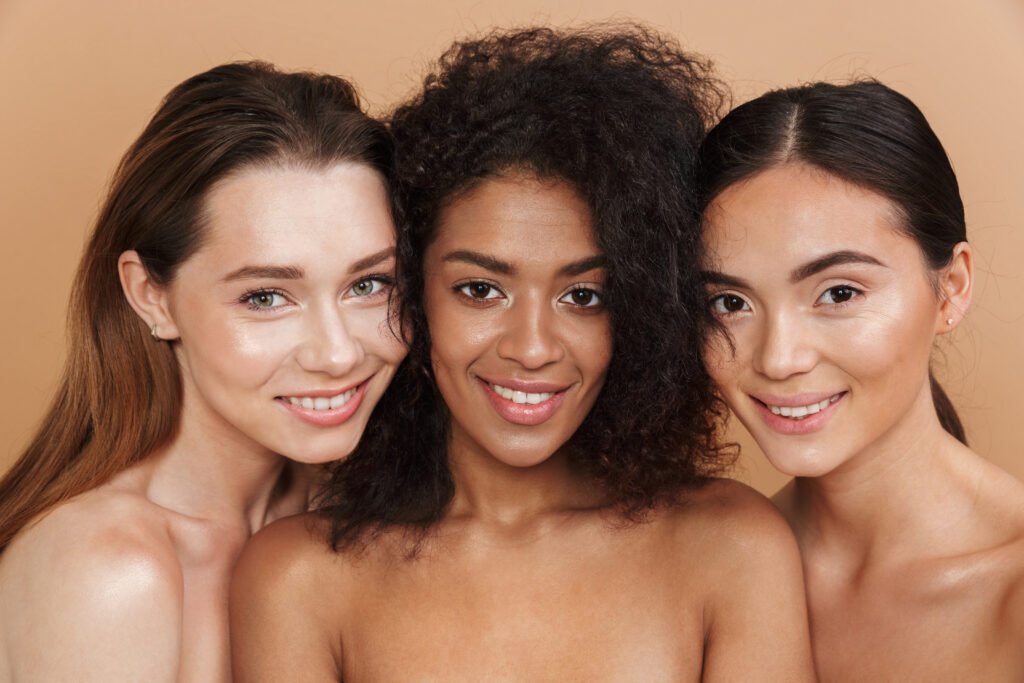Skincare is often seen as a cosmetic choice — a pursuit of beauty. But emerging dermatological and psychological research confirms that skincare is far more than skin-deep. It’s about health, protection, mental well-being, and even immune support.
1. Skin: The Body’s First Line of Defense

The skin is the largest organ of the human body and performs vital protective functions:
• Shields against UV radiation, pollution, bacteria, and toxic chemicals
• Regulates temperature and hydration
• Plays a critical role in innate immunity
📖 According to a review in Nature Reviews Immunology (2014),
“The skin acts as a complex immunological organ with its own resident immune cells that respond to environmental stressors.”
🔗Mechanisms regulating skin immunity and inflammation
Without proper skincare (cleansing, moisturizing, and UV protection), this barrier is easily compromised, leading to infections, inflammation, and accelerated aging.
⸻
2. The Skin Microbiome: Your Invisible Shield
Just like the gut, the skin has its own microbiome — a diverse ecosystem of microorganisms that protect against harmful invaders.
📖 A 2021 paper in Nature Reviews Microbiology reports:
“The skin microbiota interacts with the immune system to regulate inflammation and maintain barrier integrity.”
🔗How your skin’s microbes shape immunity, inflammation, and chronic skin disease
Using harsh products or neglecting skincare can disrupt this microbiome, resulting in issues like acne, eczema, or rosacea.
⸻
3. Preventive Skincare: The Anti-Aging Science

Preventing skin damage is much more effective (and economical) than reversing it.
• Daily sunscreen use reduces premature aging by up to 24% over four years
• Retinoids and antioxidants (like Vitamin C) help reverse photoaging at a cellular level
📖 A study published in the Annals of Internal Medicine found:
“People who used sunscreen daily showed 24% less skin aging compared to occasional users.”
🔗Daily sunscreen slows skin aging, even in middle age: Study
This supports the core skincare idea: Consistency > Complexity.
⸻
4. Psychological Impact: Confidence and Self-Care

Skincare routines aren’t just rituals for the body — they’re rituals for the mind.
• Routines help with stress regulation
• Clear skin contributes to higher self-esteem and social confidence
📰 Psychology Today reports:
“The act of caring for oneself through skincare can provide a sense of control, relaxation, and positive identity reinforcement.”
🔗Can Skincare Influence Your Brain and Mood?
🔗The TikTok Beauty Tutorial as Therapy
This link between mental health and skin is being explored through psychodermatology, an emerging medical discipline.
⸻
5. Modern Environmental Stressors: Invisible Skin Enemies

Urban living exposes our skin to particulate matter, blue light, volatile chemicals, and climate stress.
📖 The Journal of Investigative Dermatology (2018) shows:
“Exposure to PM2.5 particles accelerates oxidative damage, triggering inflammation and collagen breakdown.”
🔗Particulate matter causes skin barrier dysfunction
The right skincare — with antioxidants, SPF, and hydration — becomes a shield against modern life.
⸻
To summarize the contents
Skincare isn’t vanity — it’s science-backed self-preservation. From shielding your immune system to boosting your confidence, a consistent skincare routine is one of the most practical investments in long-term well-being.
As dermatologists say:
“It’s never too early — or too late — to start caring for your skin.”




very informative content
Pingback: Benefits and Necessity of Toner for Healthy Skin - GlowTrek
Pingback: Foods for Healthy Skin: The Ultimate Guide - GlowTrek